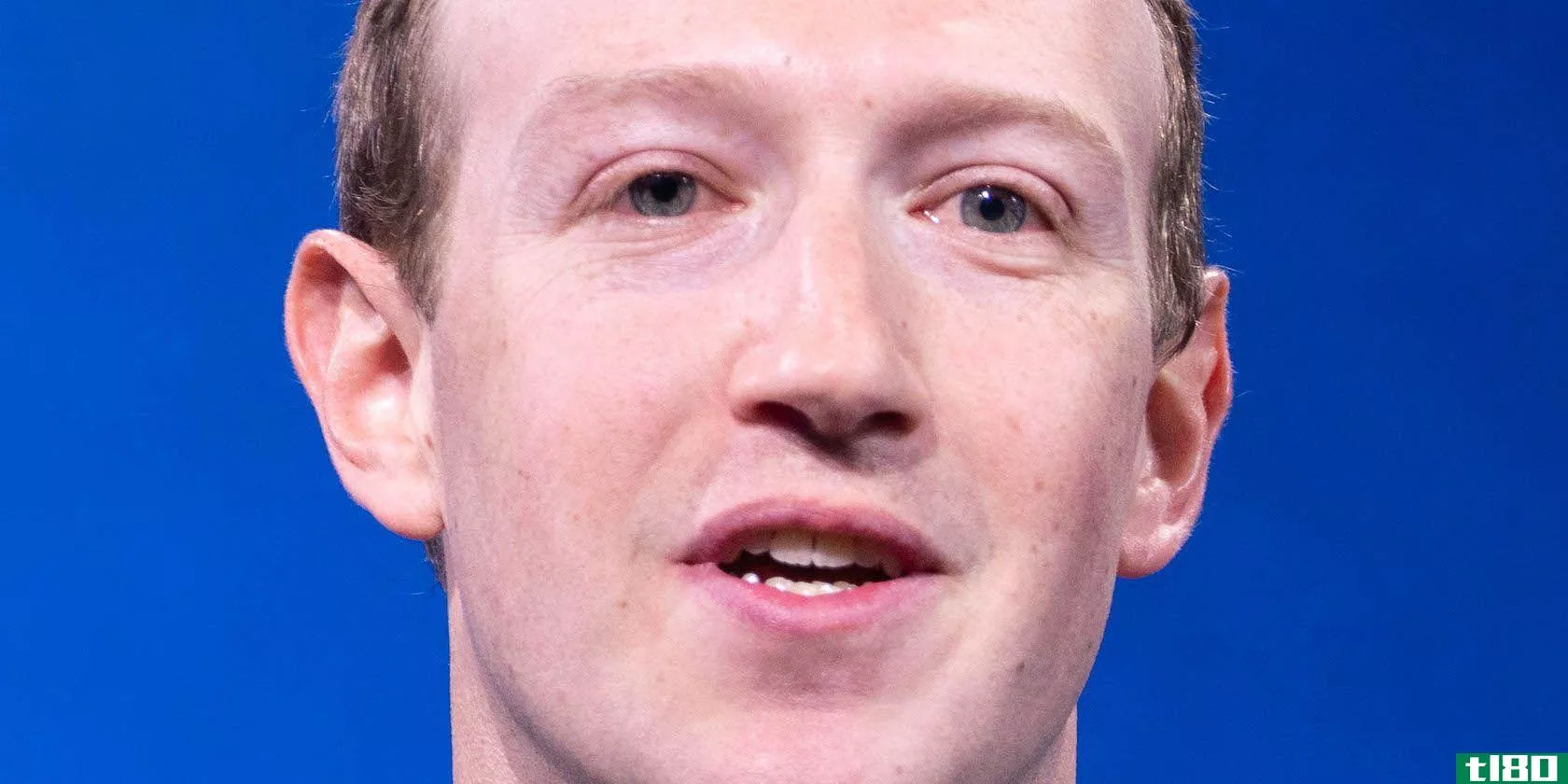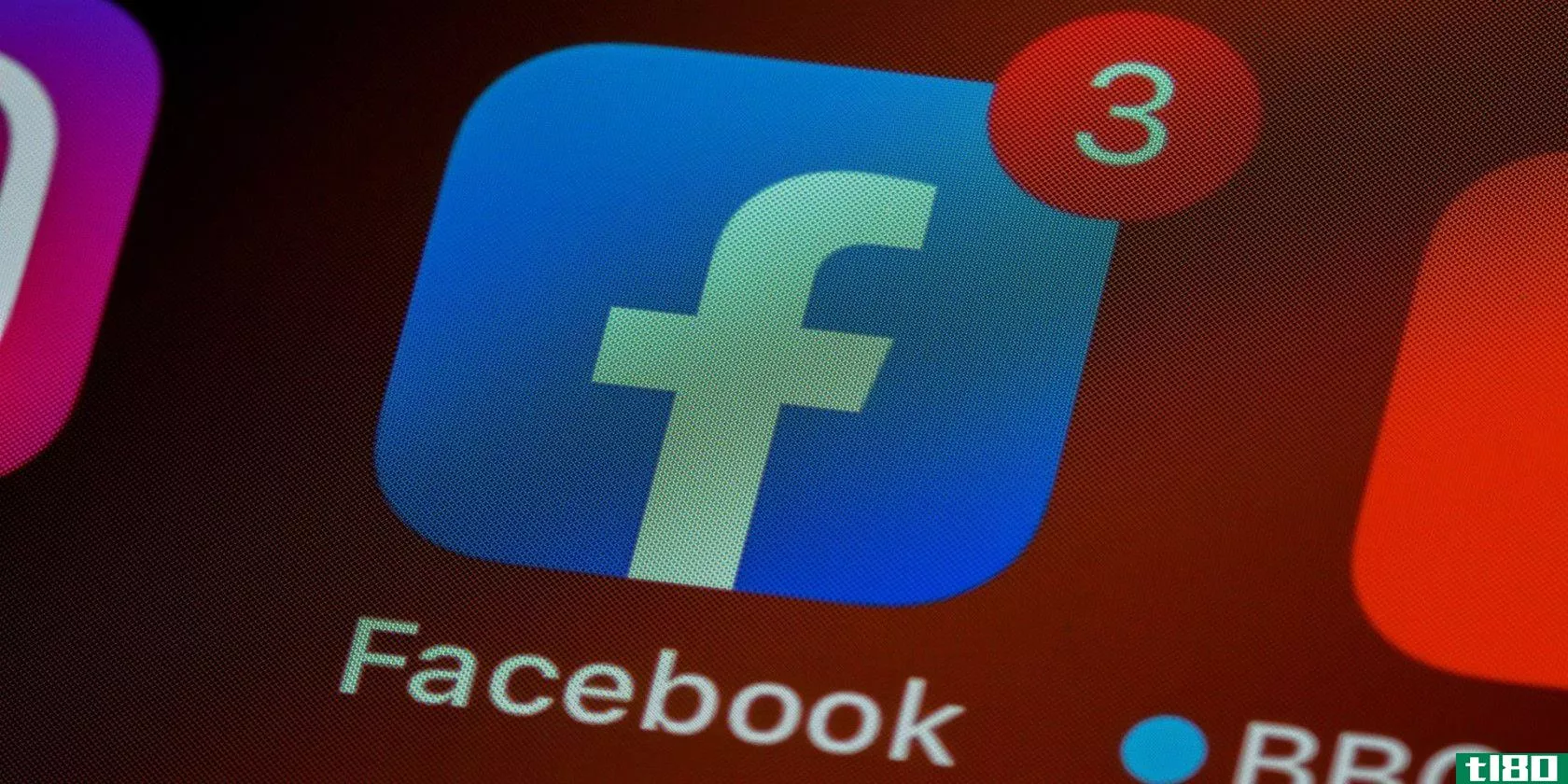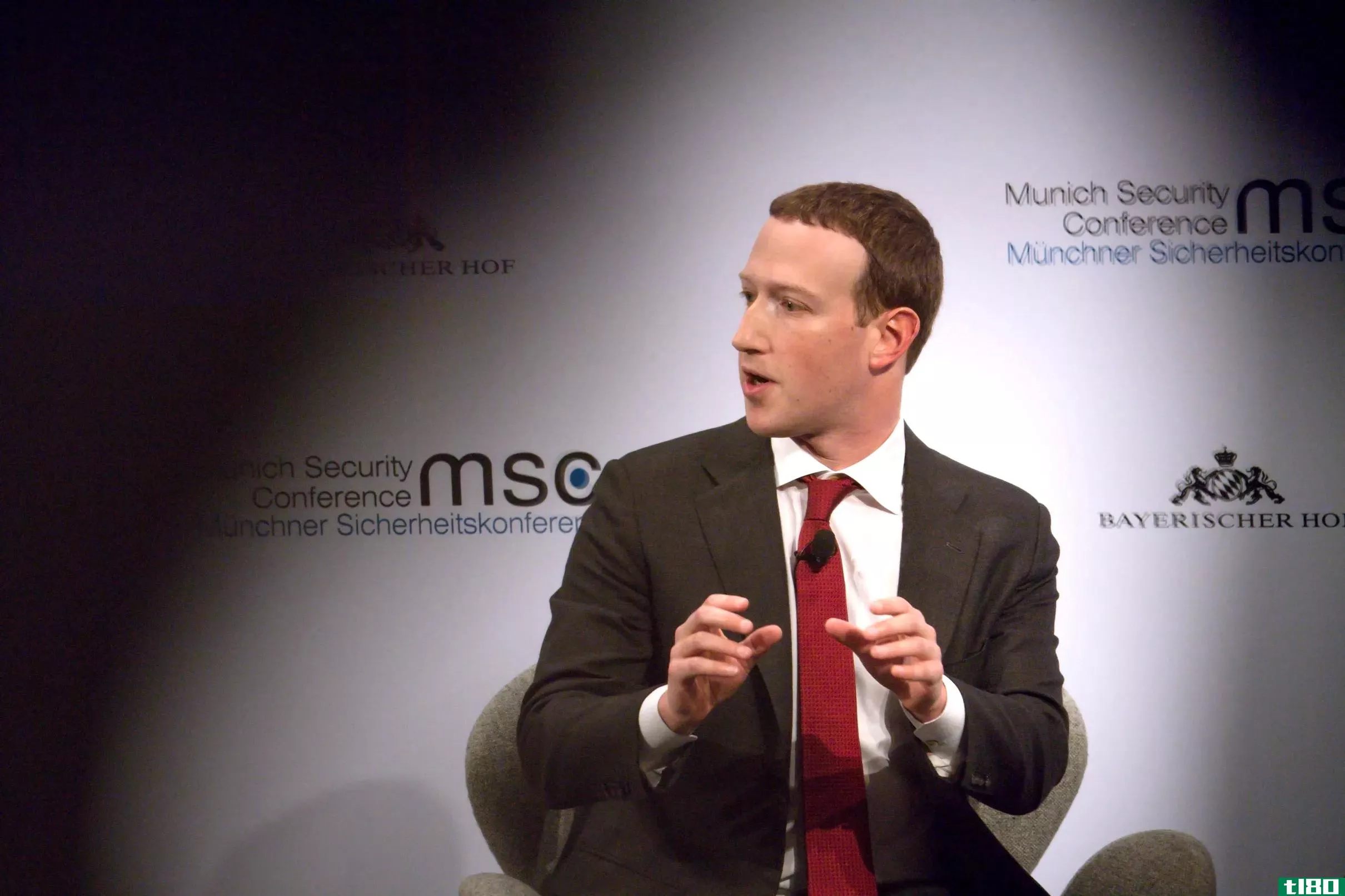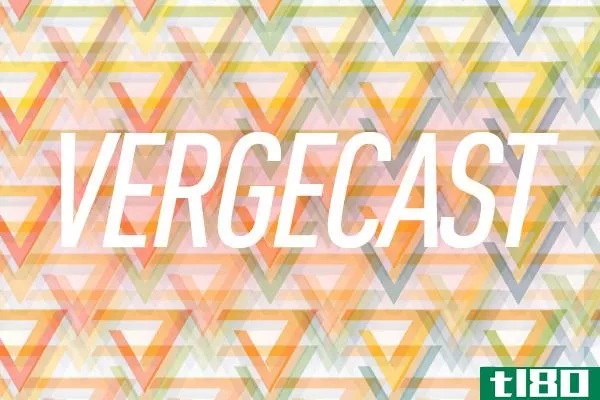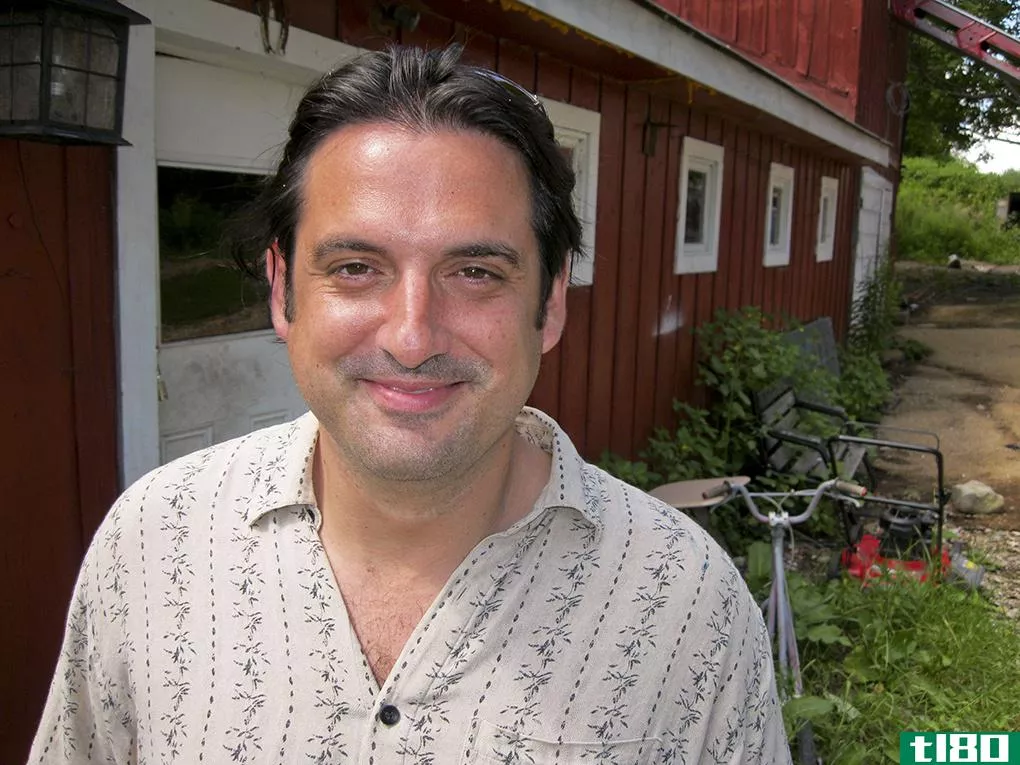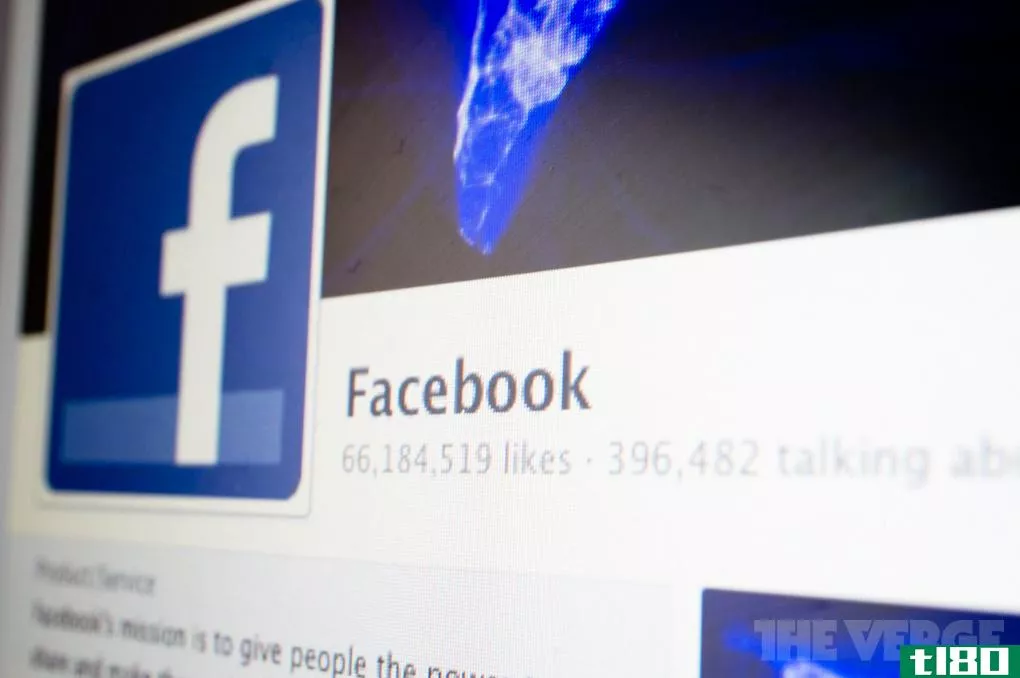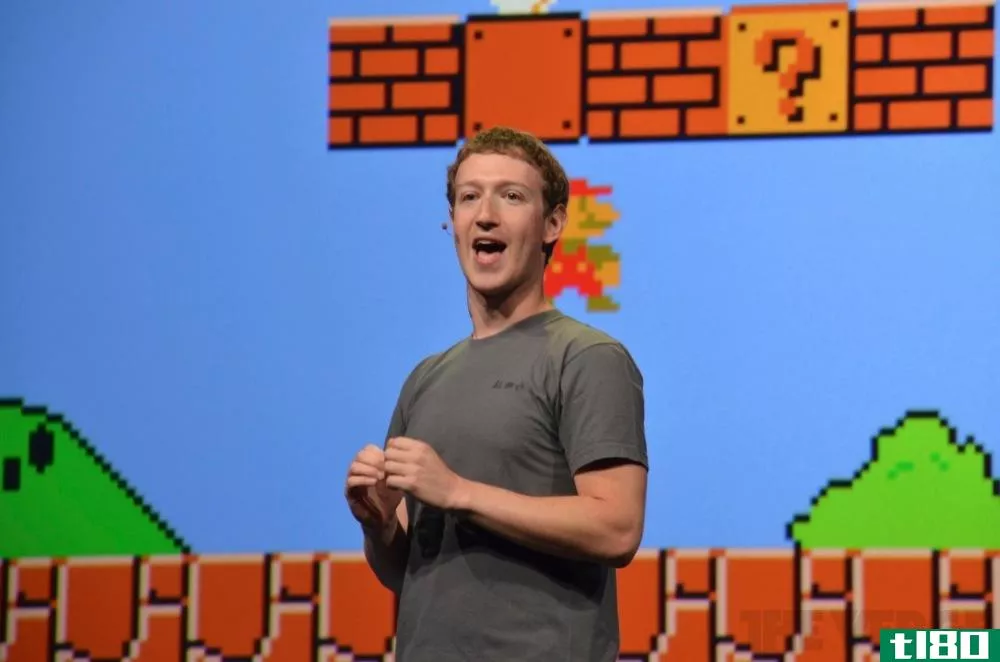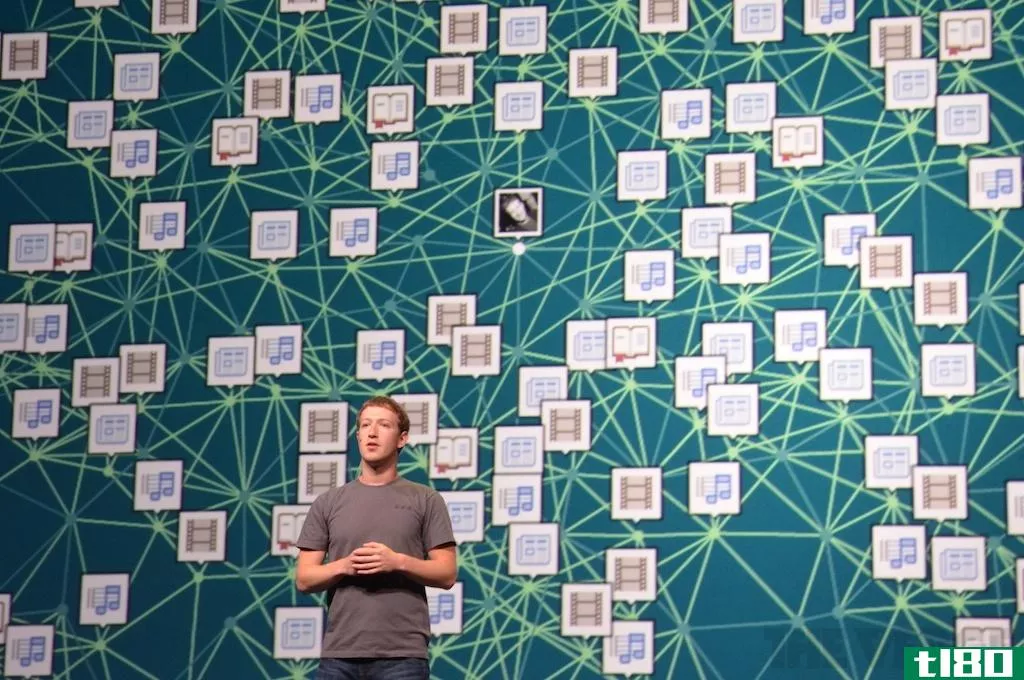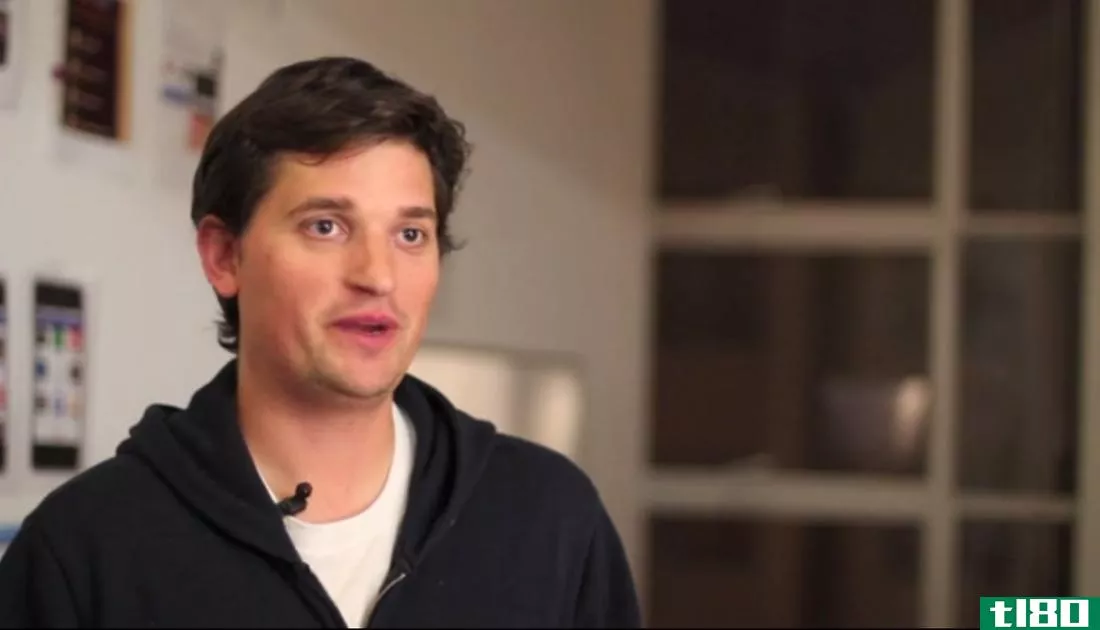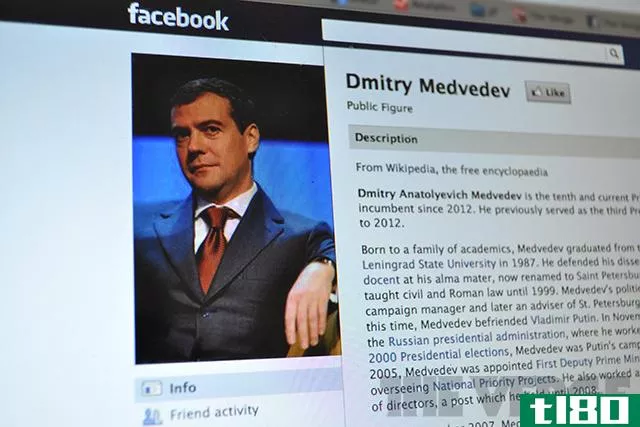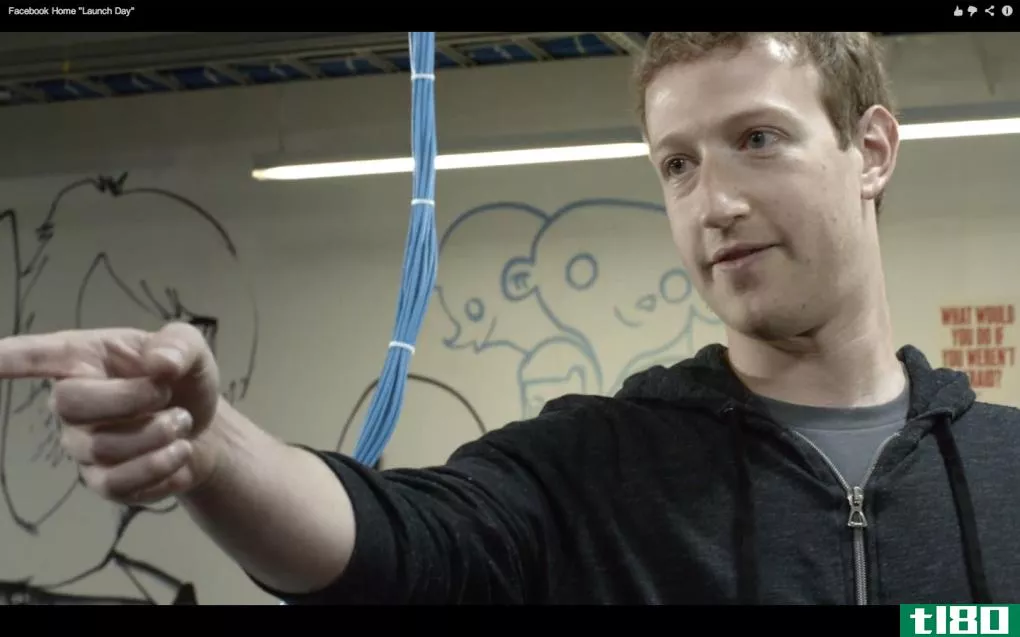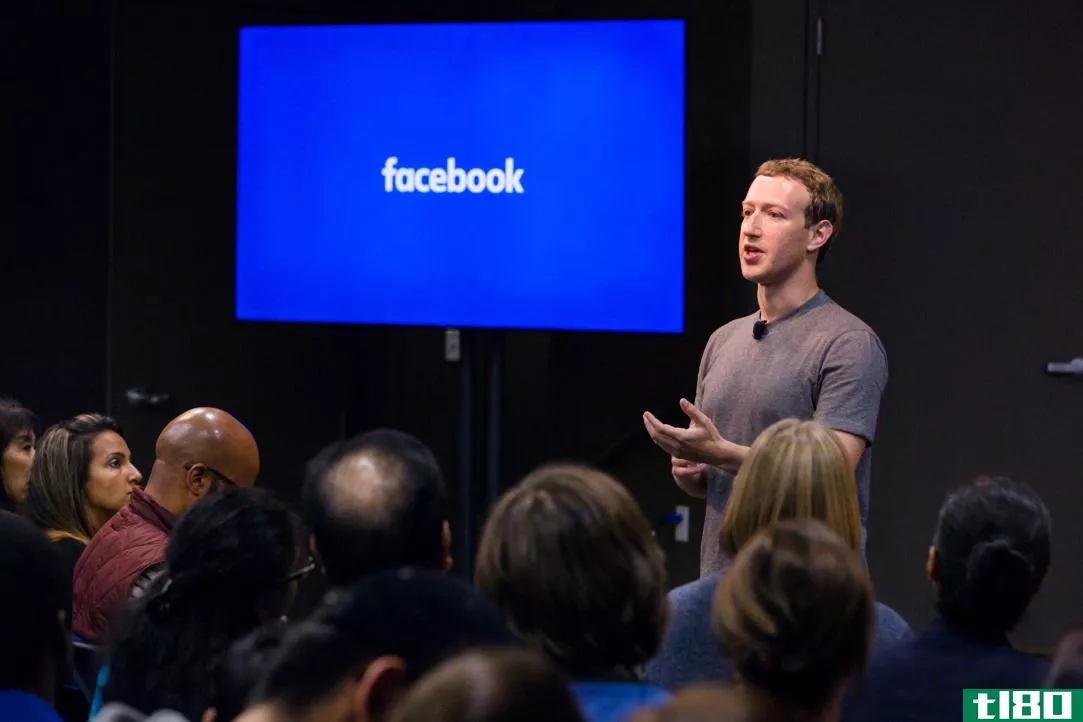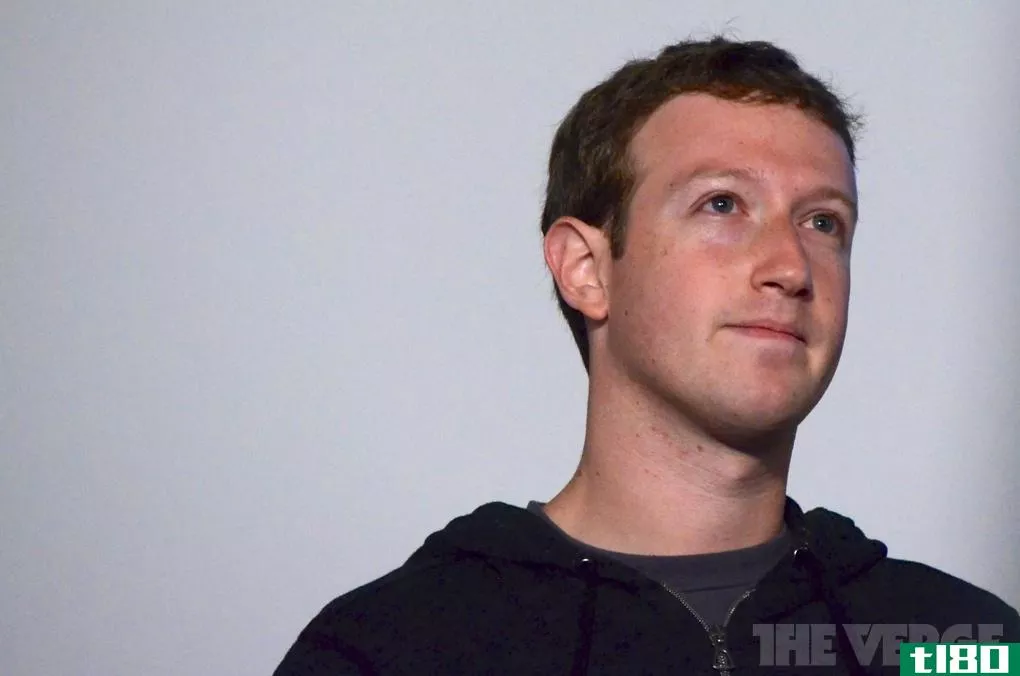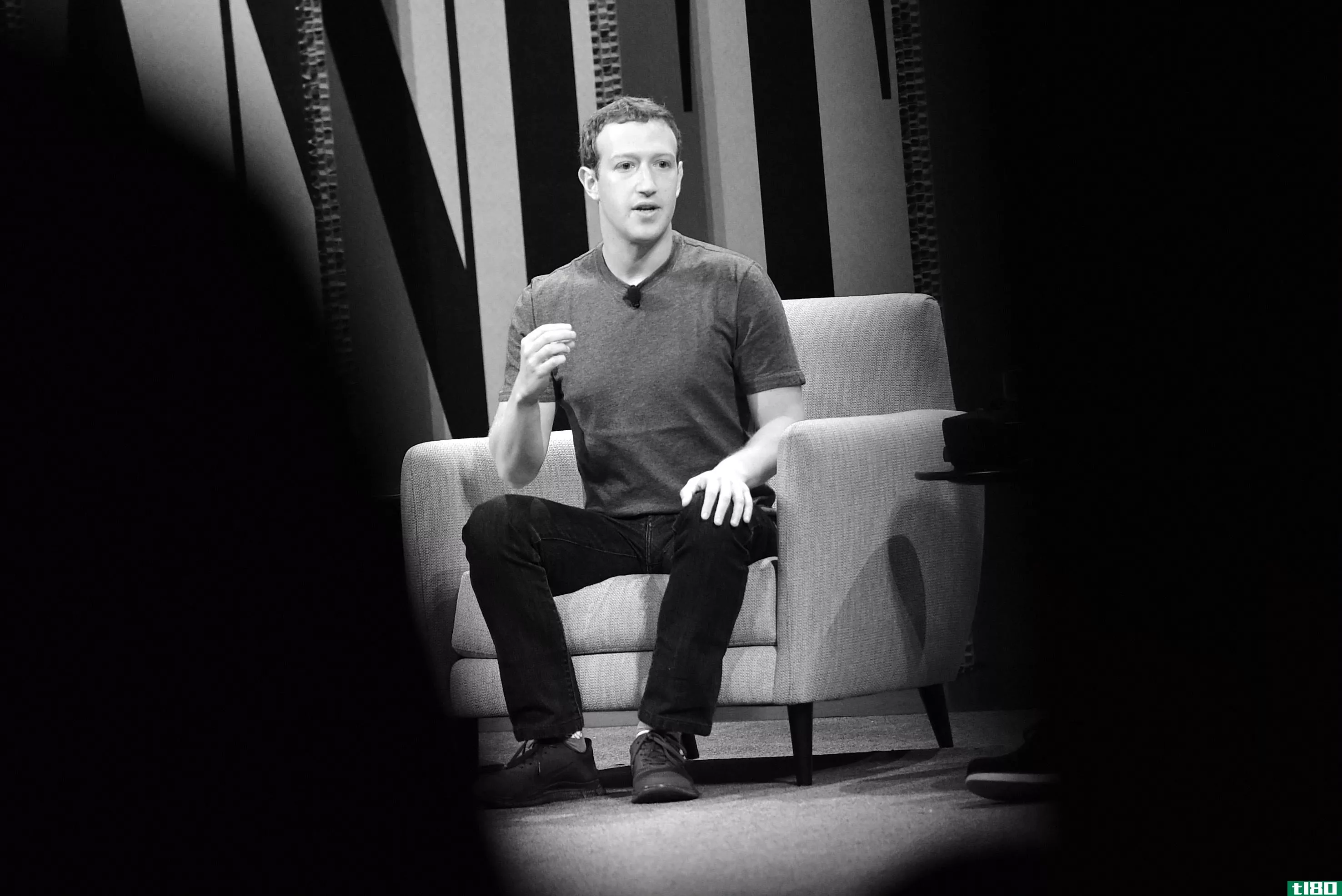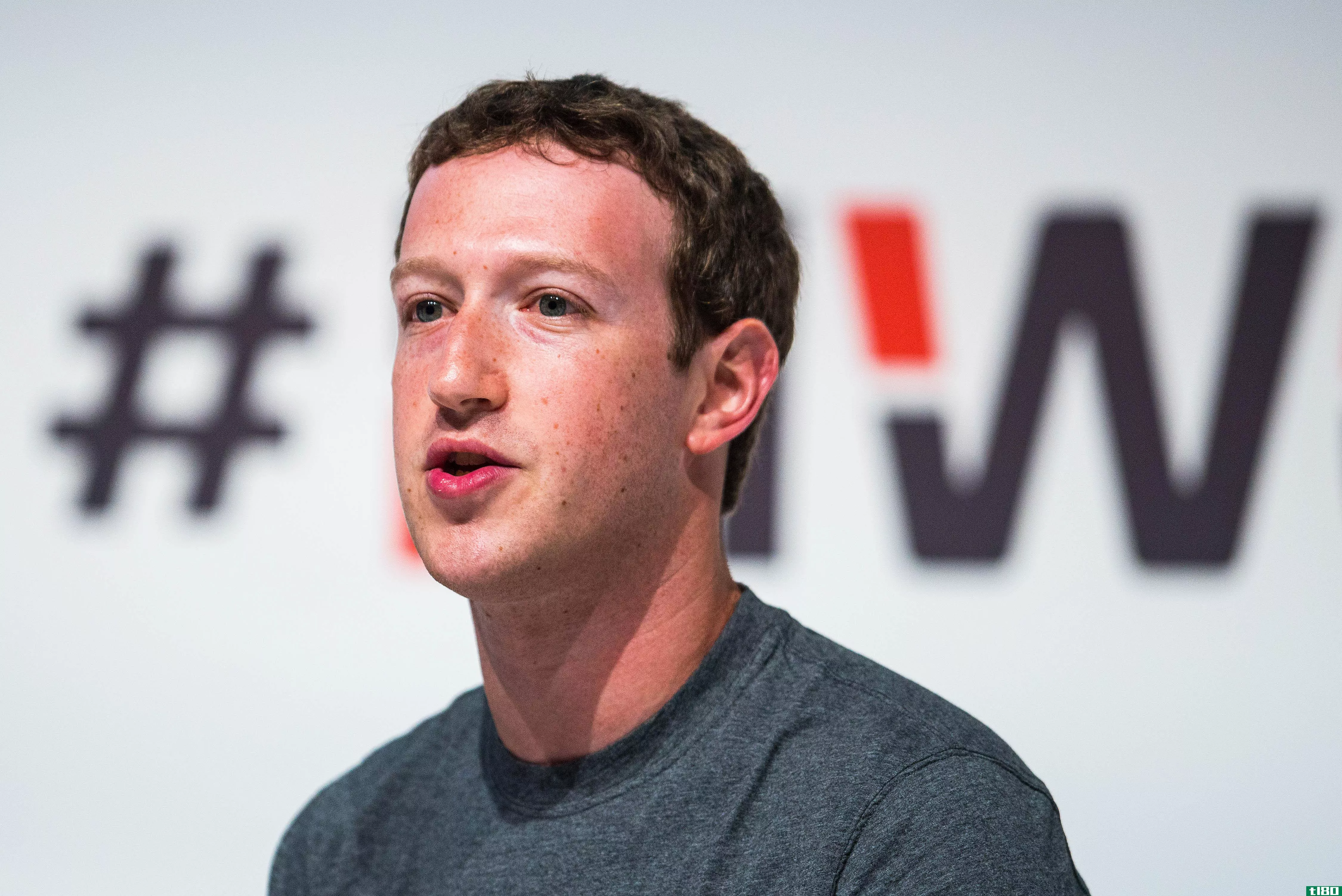马克·扎克伯格在facebook“社交使命”上写给投资者的信
今天,在Facebook提交IPO申请的过程中,掩埋着一封来自CEO兼创始人马克•扎克伯格(markzuckerberg)的长篇热情洋溢的信。这条信息让人们对扎克伯格如何看待这家公司以及它在世界上的角色有了一些了解。我们向您呈现以下未经编辑的内容:
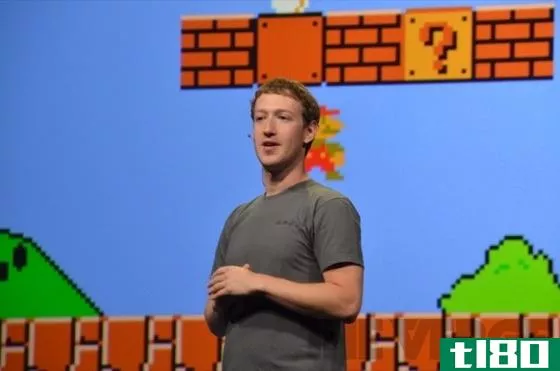
LETTER FROM MARK ZUCKERBERG Facebook was not originally created to be a company. It was built to accomplish a social mission - to make the world more open and connected. We think it's important that everyone who invests in Facebook understands what this mission means to us, how we make decisi*** and why we do the things we do. I will try to outline our approach in this letter. At Facebook, we're inspired by technologies that have revolutionized how people spread and c***ume information. We often talk about inventi*** like the printing press and the television - by simply making communication more efficient, they led to a complete transformation of many important parts of society. They gave more people a voice. They encouraged progress. They changed the way society was organized. They brought us closer together. Today, our society has reached another tipping point. We live at a moment when the majority of people in the world have access to the internet or mobile phones - the raw tools necessary to start sharing what they're thinking, feeling and doing with whomever they want. Facebook aspires to build the services that give people the power to share and help them once again transform many of our core instituti*** and industries. There is a huge need and a huge opportunity to get everyone in the world connected, to give everyone a voice and to help transform society for the future. The scale of the technology and infrastructure that must be built is unprecedented, and we believe this is the most important problem we can focus on. We hope to strengthen how people relate to each other. Even if our mission sounds big, it starts **all - with the relati***hip between two people. Personal relati***hips are the fundamental unit of our society. Relati***hips are how we discover new ideas, understand our world and ultimately derive long-term happiness. At Facebook, we build tools to help people connect with the people they want and share what they want, and by doing this we are extending people's capacity to build and maintain relati***hips. People sharing more - even if just with their close friends or families - creates a more open culture and leads to a better understanding of the lives and perspectives of others. We believe that this creates a greater number of stronger relati***hips between people, and that it helps people get exposed to a greater number of diverse perspectives. By helping people form these connecti***, we hope to rewire the way people spread and c***ume information. We think the world's information infrastructure should resemble the social graph - a network built from the bottom up or peer-to-peer, rather than the monolithic, top-down structure that has existed to date. We also believe that giving people control over what they share is a fundamental principle of this rewiring. We have already helped more than 800 million people map out more than 100 billion connecti*** so far, and our goal is to help this rewiring accelerate. We hope to improve how people connect to businesses and the economy. We think a more open and connected world will help create a stronger economy with more authentic businesses that build better products and services. As people share more, they have access to more opini*** from the people they trust about the products and services they use. This makes it easier to discover the best products and improve the quality and efficiency of their lives.
One result of making it easier to find better products is that businesses will be rewarded for building better products - ones that are personalized and designed around people. We have found that products that are "social by design" tend to be more engaging than their traditional counterparts, and we look forward to seeing more of the world's products move in this direction. Our developer platform has already enabled hundreds of thousands of businesses to build higher-quality and more social products. We have seen disruptive new approaches in industries like games, music and news, and we expect to see similar disruption in more industries by new approaches that are social by design. In addition to building better products, a more open world will also encourage businesses to engage with their customers directly and authentically. More than four million businesses have Pages on Facebook that they use to have a dialogue with their customers. We expect this trend to grow as well. We hope to change how people relate to their governments and social instituti***. We believe building tools to help people share can bring a more honest and transparent dialogue around government that could lead to more direct empowerment of people, more accountability for officials and better soluti*** to some of the biggest problems of our time. By giving people the power to share, we are starting to see people make their voices heard on a different scale from what has historically been possible. These voices will increase in number and volume. They cannot be ignored. Over time, we expect governments will become more resp***ive to issues and concerns raised directly by all their people rather than through intermediaries controlled by a select few. Through this process, we believe that leaders will emerge across all countries who are pro-internet and fight for the rights of their people, including the right to share what they want and the right to access all information that people want to share with them. Finally, as more of the economy moves towards higher-quality products that are personalized, we also expect to see the emergence of new services that are social by design to address the large worldwide problems we face in job creation, education and health care. We look forward to doing what we can to help this progress. Our Mission and Our Business As I said above, Facebook was not originally founded to be a company. We've always cared primarily about our social mission, the services we're building and the people who use them. This is a different approach for a public company to take, so I want to explain why I think it works. I started off by writing the first version of Facebook myself because it was something I wanted to exist. Since then, most of the ideas and code that have gone into Facebook have come from the great people we've attracted to our team. Most great people care primarily about building and being a part of great things, but they also want to make money. Through the process of building a team - and also building a developer community, advertising market and investor base - I've developed a deep appreciation for how building a strong company with a strong economic engine and strong growth can be the best way to align many people to solve important problems. Simply put: we don't build services to make money; we make money to build better services. And we think this is a good way to build something. These days I think more and more people want to use services from companies that believe in something beyond simply maximizing profits.
By focusing on our mission and building great services, we believe we will create the most value for our shareholders and partners over the long term - and this in turn will enable us to keep attracting the best people and building more great services. We don't wake up in the morning with the primary goal of making money, but we understand that the best way to achieve our mission is to build a strong and valuable company. This is how we think about our IPO as well. We're going public for our employees and our investors. We made a commitment to them when we gave them equity that we'd work hard to make it worth a lot and make it liquid, and this IPO is fulfilling our commitment. As we become a public company, we're making a similar commitment to our new investors and we will work just as hard to fulfill it. The Hacker Way As part of building a strong company, we work hard at making Facebook the best place for great people to have a big impact on the world and learn from other great people. We have cultivated a unique culture and management approach that we call the Hacker Way. The word "hacker" has an unfairly negative connotation from being portrayed in the media as people who break into computers. In reality, hacking just means building something quickly or testing the boundaries of what can be done. Like most things, it can be used for good or bad, but the vast majority of hackers I've met tend to be idealistic people who want to have a positive impact on the world. The Hacker Way is an approach to building that involves continuous improvement and iteration. Hackers believe that something can always be better, and that nothing is ever complete. They just have to go fix it - often in the face of people who say it's impossible or are content with the status quo. Hackers try to build the best services over the long term by quickly releasing and learning from **aller iterati*** rather than trying to get everything right all at once. To support this, we have built a testing framework that at any given time can try out thousands of versi*** of Facebook. We have the words "Done is better than perfect" painted on our walls to remind ourselves to always keep shipping. Hacking is also an inherently hands-on and active discipline. Instead of debating for days whether a new idea is possible or what the best way to build something is, hackers would rather just prototype something and see what works. There's a hacker mantra that you'll hear a lot around Facebook offices: "Code wins arguments." Hacker culture is also extremely open and meritocratic. Hackers believe that the best idea and implementation should always win - not the person who is best at lobbying for an idea or the person who manages the most people. To encourage this approach, every few months we have a hackathon, where everyone builds prototypes for new ideas they have. At the end, the whole team gets together and looks at everything that has been built. Many of our most successful products came out of hackath***, including Timeline, chat, video, our mobile development framework and some of our most important infrastructure like the HipHop compiler. To make sure all our engineers share this approach, we require all new engineers - even managers whose primary job will not be to write code - to go through a program called Bootcamp where they learn our codebase, our tools and our approach. There are a lot of folks in the industry who manage engineers and don't want to code themselves, but the type of hands-on people we're looking for are willing and able to go through Bootcamp.
The examples above all relate to engineering, but we have distilled these principles into five core values for how we run Facebook: Focus on Impact If we want to have the biggest impact, the best way to do this is to make sure we always focus on solving the most important problems. It sounds simple, but we think most companies do this poorly and waste a lot of time. We expect everyone at Facebook to be good at finding the biggest problems to work on. Move Fast Moving fast enables us to build more things and learn faster. However, as most companies grow, they slow down too much because they're more afraid of making mistakes than they are of losing opportunities by moving too slowly. We have a saying: "Move fast and break things." The idea is that if you never break anything, you're probably not moving fast enough. Be Bold Building great things means taking risks. This can be scary and prevents most companies from doing the bold things they should. However, in a world that's changing so quickly, you're guaranteed to fail if you don't take any risks. We have another saying: "The riskiest thing is to take no risks." We encourage everyone to make bold decisi***, even if that means being wrong some of the time. Be Open We believe that a more open world is a better world because people with more information can make better decisi*** and have a greater impact. That goes for running our company as well. We work hard to make sure everyone at Facebook has access to as much information as possible about every part of the company so they can make the best decisi*** and have the greatest impact. Build Social Value Once again, Facebook exists to make the world more open and connected, and not just to build a company. We expect everyone at Facebook to focus every day on how to build real value for the world in everything they do. Thanks for taking the time to read this letter. We believe that we have an opportunity to have an important impact on the world and build a lasting company in the process. I look forward to building something great together.
- 发表于 2021-04-21 05:55
- 阅读 ( 242 )
- 分类:互联网
你可能感兴趣的文章
facebook的马克•扎克伯格(MarkZuckerberg)亲自接手了苹果的隐私保护计划
... 在Facebook最新的季度投资者电话会议上,扎克伯格称苹果是“Facebook最大的竞争对手之一”,因为这些新的隐私保护措施扎克伯格说:“苹果可能会说,他们这样做是为了帮助人们,但这些举...
- 发布于 2021-03-26 15:00
- 阅读 ( 192 )
马克·扎克伯格声称苹果是facebook最大的竞争对手之一
...那以后,两国关系变得有点冷淡。在Facebook最近一次季度投资者电话会议上,CEO扎克伯格称苹果为“Facebook最大的竞争对手之一” ...
- 发布于 2021-03-27 04:40
- 阅读 ( 153 )
马克·扎克伯格说,与唐纳德·特朗普没有任何交易
...风险资本家罗杰•麦克纳米(Roger McNamee)是Facebook的早期投资者,现在是该公司的著名批评者,他上个月告诉《****》,他相信两人达成了某种协议。麦克纳米说,这种安排“可能是隐含的,而不是明确的”和“高度功利”,但...
- 发布于 2021-04-18 14:38
- 阅读 ( 265 )
马克·扎克伯格在facebook“社交使命”上写给投资者的信
今天,在Facebook提交IPO申请的过程中,掩埋着一封来自CEO兼创始人马克•扎克伯格(markzuckerberg)的长篇热情洋溢的信。这条信息让人们对扎克伯格如何看待这家公司以及它在世界上的角色有了一些了解。我们向您呈现以下未经...
- 发布于 2021-04-21 05:55
- 阅读 ( 242 )
vergecast 016:facebook ipo、索尼、谷歌的隐私变化
...Zynga 00:11:57-马克·扎克伯格在Facebook“社交使命”上写给投资者的信 00:21:52-索尼从4月1日起任命平井一夫为总裁兼首席执行官,斯特林格为董事会主席 00:28:50-索尼公布2011财年第三季度业绩净亏损20亿美元,预计全年亏损29亿美元 0...
- 发布于 2021-04-21 06:16
- 阅读 ( 151 )
facebook发布200封电子邮件,为马克•扎克伯格(mark zuckerberg)辩护,反对“职业罪犯和骗子”
Facebook刚刚发布了一份“证据宝库”,动议驳回保罗·塞格利亚(Paul Ceglia)2010年7月提出的诉讼,该诉讼声称他拥有公司50%的股份。在Ceglia的证词中,Facebook的全明星法医调查团队发现了许多不准确之处,据称给扎克伯格的电子...
- 发布于 2021-04-21 18:16
- 阅读 ( 152 )
马克•扎克伯格在facebook ipo前的ceo技能测试
...投票权的股票的控制地位,他受到的审查比以往更多。《投资者与商业内幕》(investor and Business Insider)首席执行官亨利•布洛杰(Henry Blodget)为《纽约杂志》撰文,剖析了扎克伯格的业绩记录,梳理了他作为管理者的技能,并...
- 发布于 2021-04-22 06:03
- 阅读 ( 111 )
马克·扎克伯格将于今天上午在facebook的ipo日敲响纳斯达克的开市钟
...元的估值让公司的总市值略高于1000亿美元——受到专业投资者的欢迎。你可以在电视上看到一段实况纳斯达克网站从上午9点28分开始。
- 发布于 2021-04-22 08:40
- 阅读 ( 106 )
马克·扎克伯格否认facebook手机传闻,强调手机操作系统集成
...**的报道。扎克伯格在公司第二季度2012财报电话会议上对投资者和媒体发表了讲话,他回应了脸谱网代表两年前发表的评论,他说:“还有很多事情可以在其他操作系统中建立,这并没有真正建立起一部完整的电话,扎克伯格表...
- 发布于 2021-04-23 14:00
- 阅读 ( 127 )
发展商对扎克伯格的愤怒信在网上流传后毫无遗憾
...发表了一封致马克·扎克伯格(Mark Zuckerberg)的***,指责Facebook起初支持他的初创公司,后来因为它与Facebook的一款产品具有竞争性,基本上威胁要将其打垮。这个故事在硅谷引起了广泛关注,引起了Google+执行官Vic Gundotra的反应...
- 发布于 2021-04-23 15:27
- 阅读 ( 145 )
